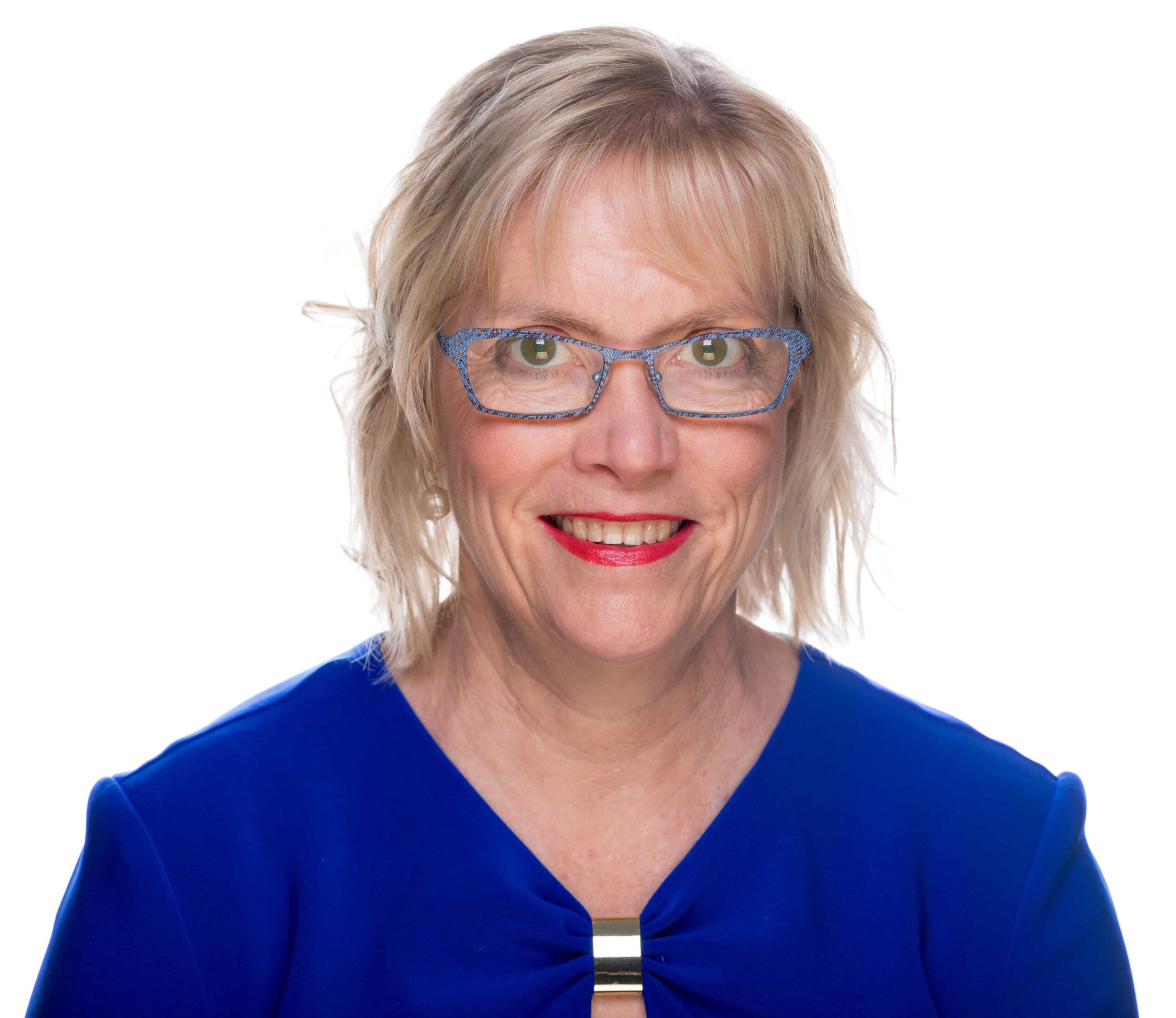Women are disproportionately affected by the COVID-19 pandemic, according to research released by The University of Queensland (UQ) Business School.
Associate Professor Terry Fitzsimmons, a gender equality academic and lead researcher on the study, said workplaces can counteract these research findings by supporting women in leadership positions. Teaching into UQ’s MBA program, Terry believes educational institutions can also play a role in setting women up for success.

Women Disproportionately Affected by COVID-19
When conducting their research, Terry and co-authors Dr Miriam Yates and Professor Victor Callan held a series of focus groups and surveyed 1,931 men and 1,691 women employed across various industries, including construction, mining, education, healthcare and the arts.
They found women had a greater likelihood of experiencing job loss, reduced working hours and increased caring responsibilities during the pandemic. Women in leadership positions were also more likely to report being overworked and experiencing anxiety and depression.
Factors such as women being more likely to work in sectors hardest hit by the pandemic (retail and hospitality), contributed to these findings. Women are also more likely to work part-time or on a casual basis, making them more vulnerable to job losses. They are also more likely to take on caring responsibilities for children and other family members, which translates to a greater likelihood of impact on their ability to work.
Gender Equality Expert Recommendation For Workplaces
Terry is a fierce advocate for gender equality, including his role as the Managing Director of the Australian Gender Equality Council.
He said workplaces need to take action to support women into leadership positions and counteract the research findings. “There are a number of things workplaces can do to support women into leadership roles,” he said.
“Firstly, they need to create an environment where women feel valued and respected. Secondly, they need to provide opportunities for women to develop their skills and experience. And finally, they need to offer flexible working arrangements that take into account women’s caring responsibilities.”
Terry said these measures would help to counteract the negative impact of the pandemic on women and help to promote gender equality.
UQ’s MBA Rises To The Challenge To Support Women in Leadership
The onus to improve outcomes for women in leadership doesn’t only sit with employers. In fact, educational institutions like UQ are making it their mission to support women through the content and design of their courses.
Associate Professor Fitzsimmons teaches one of the foundational management courses in the MBA and highlights to his students the disparity of men and women in the C-suite and executive roles in his class.
“I share my research in class to identify to all students the pathways that lead to C-suite and executive promotion and some of the challenges that can end up limiting or cutting off those pathways for women, so the next generation of leaders are aware of the challenges and opportunities for correction.”
The UQ MBA offers flexible options that take into account the complex needs of women who want to take their careers to the next level.
Students can opt to attend classes in person or online and complete the program full time in one year, part-time over two years, or at their own pace for up to 10 years. Courses like Leading People and Teams and Management Frameworks are taught by academics including Terry and Victor with gender equity in mind to give female students the skills and knowledge they need to succeed in senior management roles.
The UQ MBA Experience Unveiled

Graduate Alice Evans found the UQ MBA program to be transformative. Shifting from a clinical field as a physio into a global HR workplace health and safety role, she has also since held senior executive and CEO roles in startups and the health sector.
Alice decided to pursue an MBA after realising that she needed to bridge knowledge and skills gaps when she initially transitioned from one industry to another. An MBA was the way to do so formally.
“I didn’t have the tools and skills, nor the confidence to manage the situations I was going to face. But once I had done my first course, I realised the wealth of information I would gain from an MBA,” explained Alice.
Reflecting on where the MBA has taken her, Alice shared that it put her on a path she previously hadn’t anticipated and kicked off a leadership career that may never have transpired otherwise.
“If I hadn’t gone through the MBA, I probably wouldn’t have got much further than moving out of the clinical field,” she said.
“I kept pushing myself and giving ideas to other executives, such as the CEO and CFO. And because of that, they started giving me more challenging assignments. Eventually, I was reporting directly to the CEO.”
A Safe Space for Aspiring Female Leaders
Alice encourages women currently feeling negatively impacted in their careers post-COVID to undertake an MBA because it offers a “safe space” to develop their skills and confidence.
“It makes you more confident to step out of your comfort zone and seek new and very different opportunities,” Alice said.
UQ Business School’s research shows that women in the workforce require support to counteract the negative career impacts of COVID, which can include the opportunity to pursue further education. Through programs like the UQ MBA, women can pursue their career ambitions and develop the skills and confidence to thrive in leadership positions.
See where a UQ MBA could lead your career. Applications close 30 November and 30 May.







